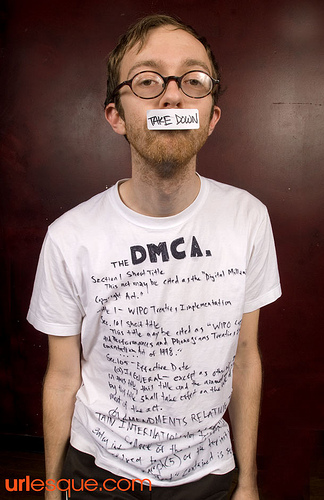NMR policy resources
A citizen's update to Net Neutrality and an Open Internet
Respecting the linking economy and information aggregators - part 1 of 3 online rights battles that need fighting this decade
The mega-merger of Comcast and NBC: a lethal marriage
How service providers deny users the right to counternotify for content removed by DMCA takedown notices
How FCC Chairman's net neutrality proposal will affect broadband, cell phones, and an "Open Internet"
Veoh triumphs over Universal Music in lawsuit on social media liability, gives lesson in the DMCA safe harbor
Youtube puts ads on videos without permission
Why Juicycampus.com, Rottenneighbor.com, and gossip sites could be a good thing for free speech
Nine Inch Nails chooses Creative Commons, but what does that really mean?
Pages
Learn about our legal services for: App Developers, Artists & Graphic Designers, Bloggers & Journalists, Clothing Designers, Entrepreneurs, E-commerce Business People & Startups, Filmmakers & YouTube creators, Public Broadcasting producers,Game Developers, Internet users & Smartphone users, Makers, Musicians, Non-Profits, Photographers, Scholars, Researchers, and Writers and Publishers.






 It is uncertain whether
It is uncertain whether 



